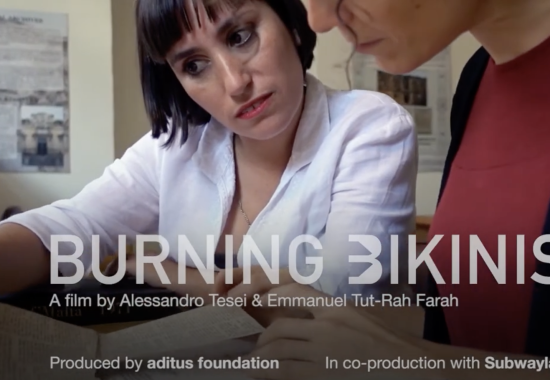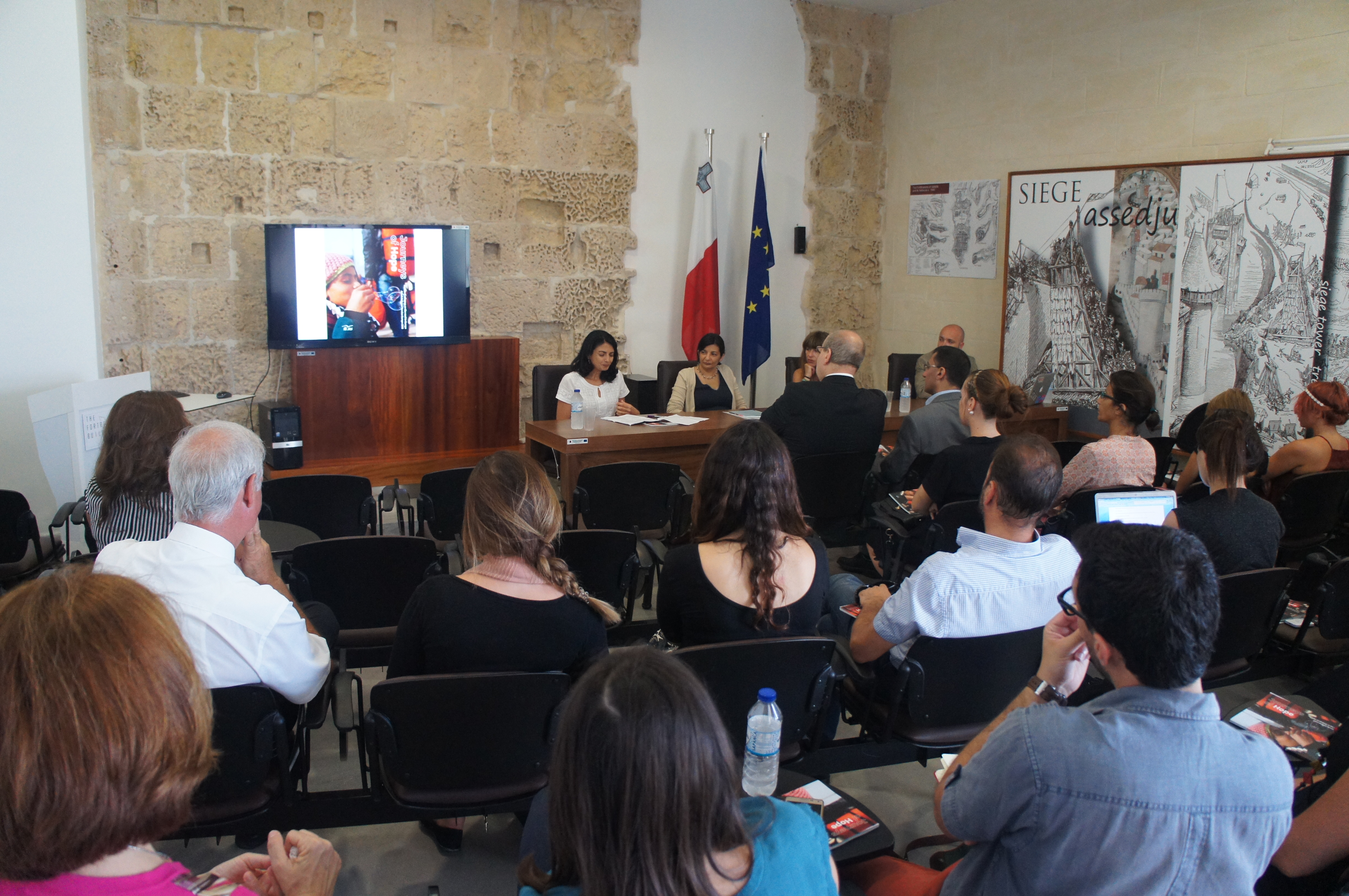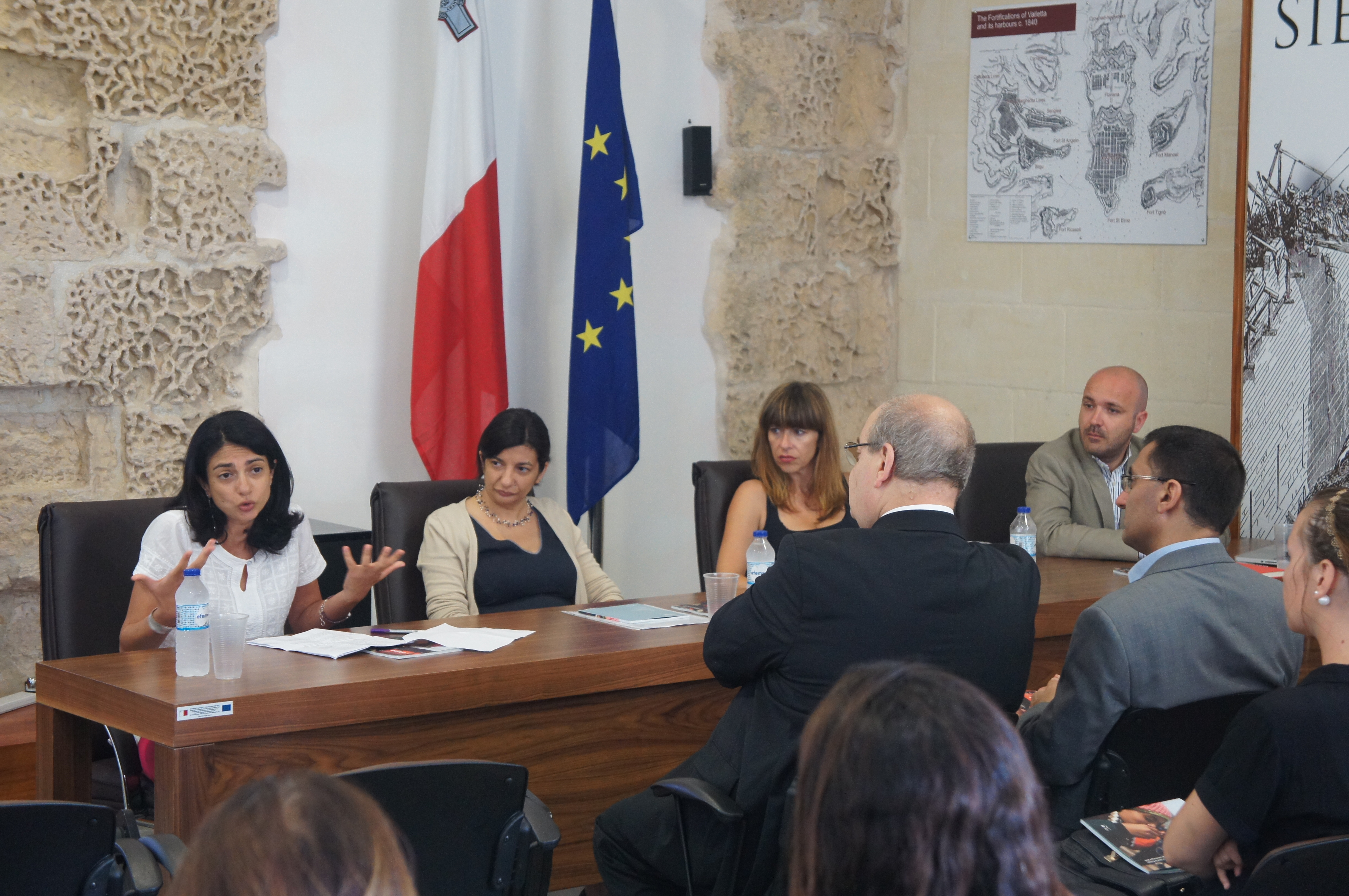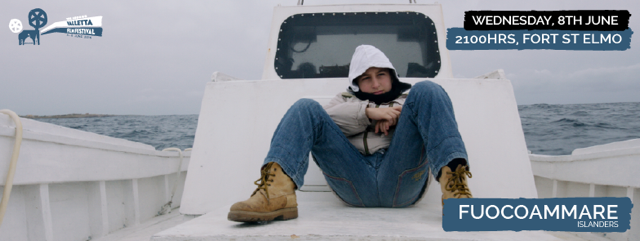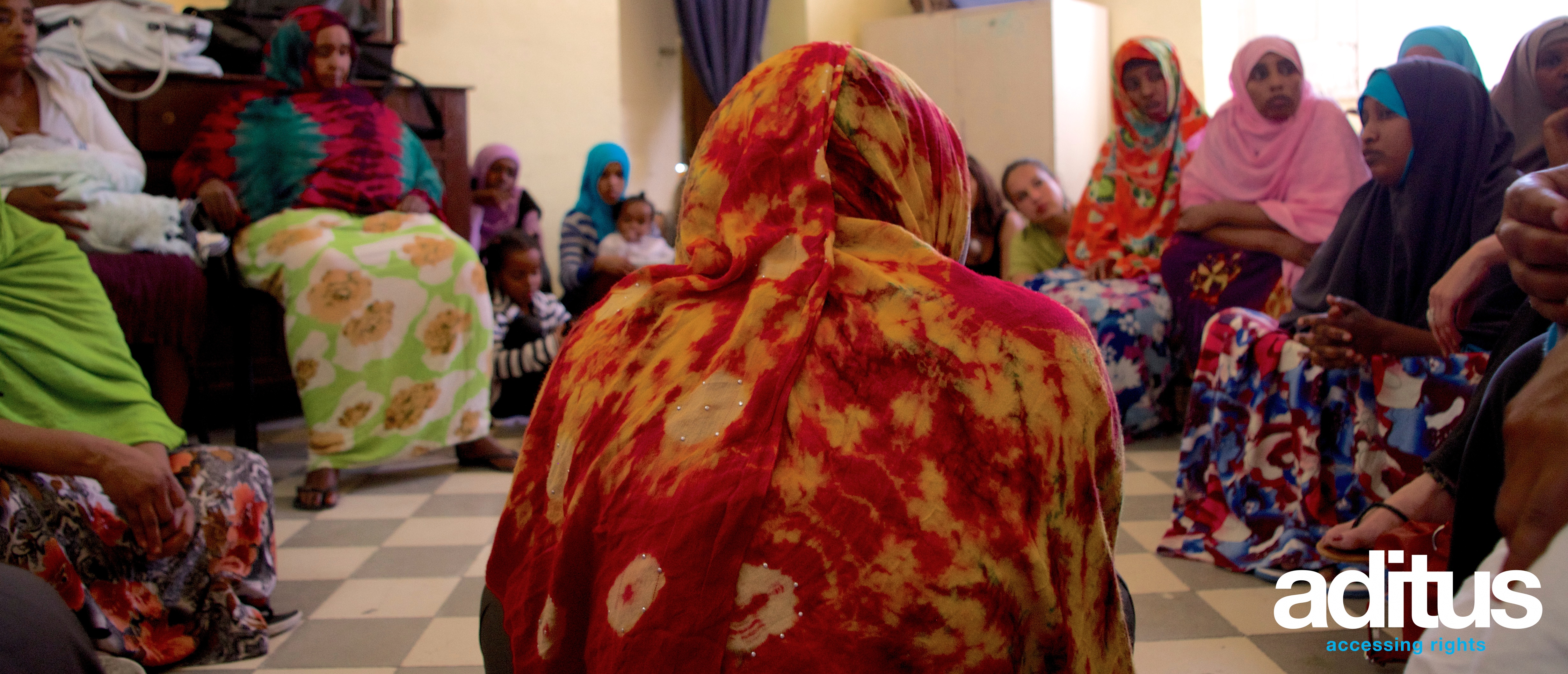The presence of women in Malta’s highest democratic institutions is alarmingly low: only 16% of electoral candidates in 2013 were women, one female Cabinet Minister out of 14, nine female Members of Parliament, and six female judges out of 23. The fact that Malta’s President is a woman is nothing more than a convenient statistic for some, but no real consolation for most. These figures are in sharp contrast to those showing female graduates outnumbering male ones, the proportion of female electoral candidates who get elected is far higher that it is for male colleagues, and girls’ overall exam performance exceeds that of boys.
aditus foundation has just released Burning Bikinis, a documentary exploring Malta’s feminist movement from the 1960’s till the present day. The film engages with leading figures of this movement, honouring their invaluable contribution to human rights in Malta. It draws the path from the legal and political invisibility of women to 2017, when the nation is still struggling to attribute to a woman’s mind and body the equal value, respect and freedom to those of a man.
Burning Bikinis invites Malta to consider those pressing issues that remain in the way of true equality between the sexes, and to mobilise itself against the forces that accept, encourage or perpetuate inequality.
aditus foundation actively promotes a society where all its members are able to access and enjoy their fundamental human rights freely and with dignity. For International Women’s Day, therefore, we are urging the political parties that will contest the next general elections to set for themselves the goal of increasing their number of female candidates. To this end, we recommend them to introduce quotas to ensure women candidates contesting general and Local Council elections, with the longer-term view of such quotas being incorporated in Malta’s electoral legislation.
Burning Bikinis takes a look at Malta’s feminist movement and praises it for its achievements, bravery and commitment. Today, we yearn for that spirit to be awakened in order for it to tackle contemporary challenges.
Burning Bikinis is a film co-produced by aditus foundation and Subway Lab, with the support of Arts Council Malta, the US Embassy in Malta and the German Embassy in Malta. It was directed by Emmanuel Tut-Rah Farah and Alessandro Tesei.
News regarding future public screenings will be made available through our website and social media pages.
The trailer can be viewed here: http://aditus.org.mt/Publications/burningbikinistrailer.mp4

